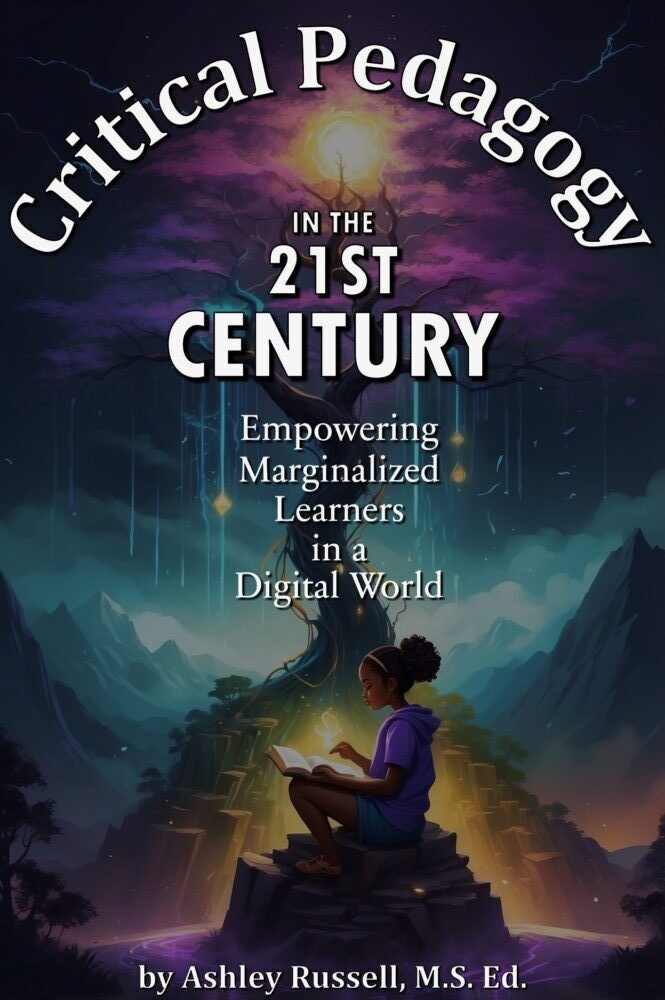

Critical Pedagogy in the 21st Century: Empowering Marginalized Learners in a Digital World This timely and provocative work reimagines education through the lens of Paulo Freire’s critical pedagogy, addressing urgent 21st-century challenges, including digital inequity, systemic oppression, and cultural erasure. Against the backdrop of political shifts, such as the 2025 dismantling of the U.S. Department of Education, the book argues for a transformative educational model that centers on marginalized voices, harnesses technology for liberation, and fosters critical consciousness. Blending theory and practice, the text offers actionable strategies for educators to: Integrate culturally responsive teaching and intersectional frameworks to promote a more inclusive approach. Combat algorithmic bias, digital divides, and surveillance in classrooms. Design curricula that honor students’ lived experiences through digital storytelling, collaborative inquiry, and community partnerships. Advocate for policy reforms, equity audits, and grassroots initiatives. Global case studies—from Detroit’s student-led AI audits to Finland’s ethical tech prototypes—demonstrate how critical pedagogy can dismantle systemic barriers while preparing learners for a digitized, interconnected world. The book culminates in a call to reclaim education as a tool for collective liberation, urging educators to cultivate classrooms where dialogue, reflection, and action empower all students to challenge inequity and shape a just future.